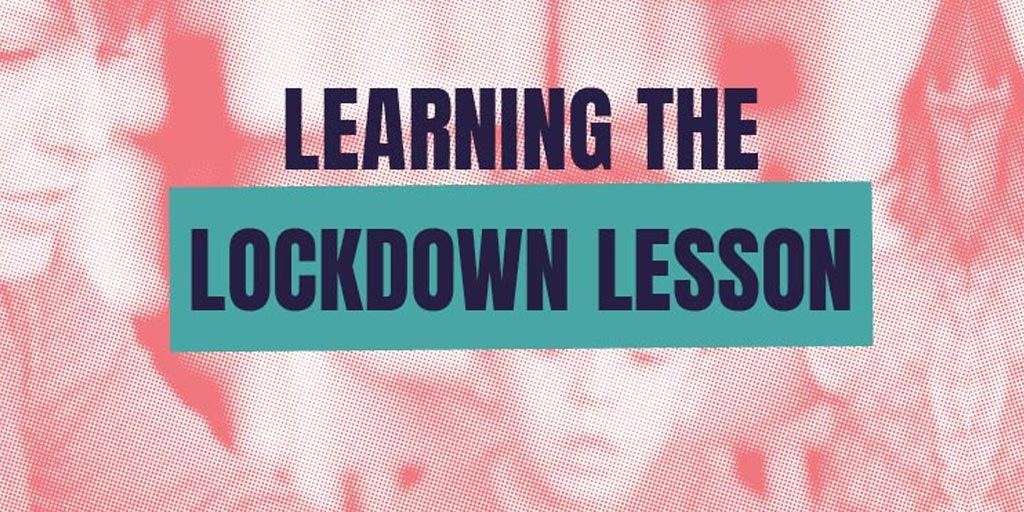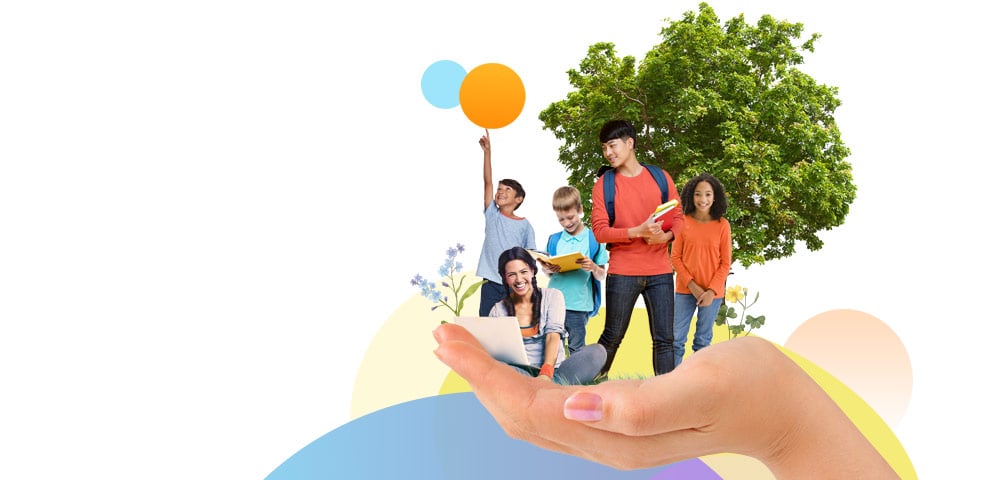Getting a clear picture of student wellbeing
More than ever, schools are looking at ways to discuss, promote and improve student wellbeing. But what is wellbeing in an educational setting? Which...

Login | Support | Contact us
Cambridge CEM : Apr 9, 2021 9:38:00 AM
3 min read

2020/21 has been a year like no other. The COVID-19 pandemic has had an unprecedented impact on all of us, especially in education. Every child – and every learning journey – has been affected and so have our hardworking teachers. The year has been characterised by uncertainty and fear, but will the effects on wellbeing and learning be long-lasting? Exciting and collaborative research across Cambridge CEM and Cambridge Assessment is set to find out...
While we have all worried about the welfare of family and friends during this troubling time, teachers and students have had to negotiate an ever-changing ‘new normal’ as schools and colleges have moved through stages of closure and reopening.
This has included widespread adjustment to new, remote and ‘blended’ teaching arrangements. For teachers and students in key year groups, there has also been additional stress and uncertainty around how to manage new exam grading requirements.
During this unsettled period, there’s been an understandable focus in the media on issues of personal wellbeing. A quick internet search shows that there are over 300,000 COVID-19 related news stories dealing with teacher or student wellbeing.
Wellbeing can be defined in a variety of ways, but seems to centre on issues of comfort, health, happiness, and satisfaction, and it can refer to open, engaged and healthy functioning as a teacher and the importance of teacher-student relationships.
In the UK, concerns around threats to teacher wellbeing are heavily linked to the increase in workload that has resulted from the conditions of the pandemic. As well as an increase resulting from to the rapid move to remote and blended learning, a significant contributor to this workload relates to the provision of support for students’ emotional and mental health.
To better understand the situation of teachers and their students at this extraordinary time – and ultimately to gain us a better idea about how best to support them – the team here at Cambridge CEM are carrying out exciting new research.
One study is being led by Martin Johnson and Tori Coleman, who work in the Research Division at Cambridge Assessment. It is a longitudinal, diary-based study involving 15 teachers from secondary schools and sixth-form colleges across England. As part of the study, the teachers are sharing their ongoing experiences of teaching throughout the pandemic period.
The choice of a diary method has some fascinating historical parallels. The aftermath of the Great Flu Pandemic a century ago coincided with a growth in the use of qualitative methods by social researchers to capture people’s subjective experiences.
Our study builds on this tradition. It seeks to elicit information about the experiences affecting the workload and wellbeing of GCSE and A-level teachers working in some subject areas that are likely to be heavily affected by the current pandemic. These include:
Alongside the diary-based study, we’re also seeking schools to speak out about their experiences in a wider survey-based study led by Kayleigh Lauder and her colleagues in Cambridge CEM, together with Irenka Suto from Cambridge Assessment’s Research Division.
Our teacher survey is for those teaching at secondary level across the UK. It explores what has influenced their wellbeing during the pandemic both for better and for worse, focusing upon experiences during the widespread school closures of January and February 2021, as well as during recent re-openings.
Similarly, our survey for students aged 15 to 19 explores their experiences during the recent national lockdowns. We’re investigating which activities they spent relatively more or less time on, how helpful these activities were, and which activities students feel they need more of over the coming months.
Students will also be invited to complete a Cambridge Personal Styles Questionnaire and CEM’s Yellis and Alis baseline assessments. This will build a clearer picture and deeper understanding of how different groups of students have been affected by the pandemic, and how their support needs may differ.
Meanwhile, the use of common questions across the diary-based and survey-based studies will highlight shared experiences and universal findings. Overall, we hope these aspects of the research will help us to achieve a more holistic understanding of wellbeing, which is undoubtedly a complex and fluid construct.
If you teach age 15-19, you can join the project and have your say – whilst gaining invaluable insight into your students’ feelings and circumstances. This low-commitment high-impact research project asks for less than an hour of your time, yet will help us build a vital picture of wellbeing across state, free and independent schools in the UK.
Find out more and register by visiting Learning The Lockdown Lesson Research Project.
i Spilt, J.L., Koomen, H.M.Y. & Thijs, J.T. Teacher Wellbeing: The Importance of Teacher–Student Relationships. Educ Psychol Rev 23, 457–477 (2011). https://doi.org/10.1007/s10648-011-9170-y

More than ever, schools are looking at ways to discuss, promote and improve student wellbeing. But what is wellbeing in an educational setting? Which...

By Dr Irenka Suto, Assistant Director of Assessment Understanding wellbeing within a ‘whole child’ approach Understanding, predicting and...

Our new post-16 lesson plan for the Cambridge Wellbeing Check provides teachers with hands-on guidance for understanding and improving students’...